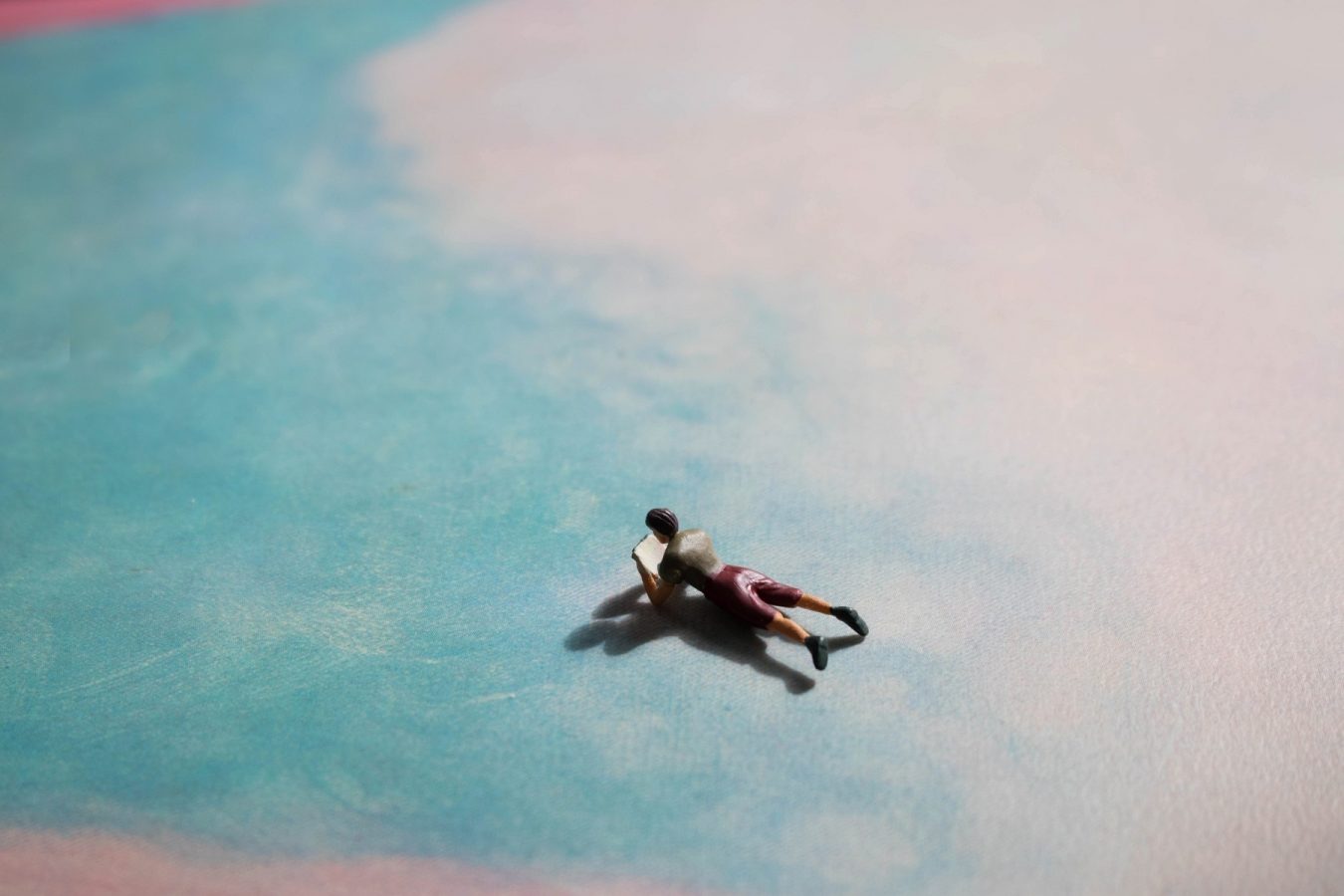
When it comes to 'overscheduling' versus 'boredom', popular family and parenting educator Dr Justin Coulson has some ideas to make the summer holiday period enjoyable for the whole family.
The long hot days of summer can be challenging for families. Work commitments keep parents out of the home and away from their children. And if they’re lucky enough to have time off, children complain about how ‘bored’ they are.
The remedy for many parents is to book their children in for art classes, soccer workshops, and coding camp. They’re arranging playdates and holidays, and scouring local events. They want to make sure their children are never bored.
But other parents are embracing the idea that boredom is good for their children. And just like every year at about this time, articles and blogs are espousing the benefits of letting our kids be bored – including the idea that boredom increases self-reliance.
Unfortunately, there’s limited evidence to support that idea. In fact, the evidence that does exist is overwhelming in favour of the idea that boredom may reduce wellbeing, and does not lead to good outcomes (creative or otherwise).
How do we balance the troubles that come from boredom with the challenges that come from over-scheduling (which include issues from loss of interest to anxiety)? They need to do something over summer. Where is the line?
Let’s redraw the drama and remove the false dichotomy. The crux is this: our children should be engaged in their lives. The key word here is engagement. In other words, we want to establish opportunities for them based on our child’s interest. We should stop obsessing about ‘overscheduling’ versus ‘boredom’ and just focus on helping our kids fill their summers with things that light them up inside. That’s how we can help create a brilliant summer and, in the process, help them build self-reliance along with something just as important: fulfilment.
Why is self-direction important?
Giving our children the chance to self-direct their activities (with our input and guidance) lets them explore and take risks. It’s called autonomy. It also shows them that we have confidence in their ability to choose and make decisions for themselves. Most importantly, it teaches them to have control over their own lives (and to own the occasional mistakes that come from that).
Self-reliance is being confident in your own abilities and being able to do things for yourself. And it’s an essential part of wellbeing. But it doesn’t come from boredom or from being involved in a ton of activities. It comes from these opportunities for children to choose for themselves.
How to create opportunities for self-direction
Make a (reasonable) bucket list.
At the beginning of the summer sit down with your child and make a list of things they’d like to do. Keep it reasonable. You don’t want to be doing things every day. But you also don’t want to leave swathes of time unscheduled.
This list could include things like art classes and coding camp if that is something your child is interested in and it’s within the family budget. But it should also include things like excursions to the library, playdates with friends, and afternoons on the hammock.
The most important part of this exercise is to work with your child to tailor the list to their interests, but with family needs taken into account. Letting them take responsibility is key.
Give them opportunities at home.
Great learning and growing experiences don’t always have to happen outside the home. In fact, some of the best experiences for our children will happen at home, in our own living rooms.
You can help them self-direct these experiences by setting them up to have a variety of activities at home. Grab stacks of books from the library. Get pens and paper and other art supplies and stash them around the house. Organise a box of outdoor play items – such as balls, frisbees, and a cricket set.
Let them know that those opportunities are there but allow them to choose to do them when (and if) it suits them.
Spend time together with no goal in mind.
Dr Alvin Rosenfeld, a child and adolescent psychiatrist and an author of The Over-Scheduled Child, told the New York Times that the right balance ‘is to make sure children have enough time with no activities, parents have enough time with no work and the two sides come together to create activities of their own’. He says to ‘spend time with no goal in mind. That will communicate to your child that you love them’.
This summer make the time to do nothing with your child. Lay on the floor and eat popcorn. Read your own books, together. Wander around the back garden and see what takes your fancy. Let your interests and your child’s interests come together to find new activities that you both enjoy. This is great for your relationship and another way for you and your child to self-direct your lives … together.
Takeaways
It’s not about overscheduling versus boredom – it’s about autonomy and fulfilment. Let your child choose their own adventures (within reason), spend time together, and you’ll be in for a great summer.
Get our updates direct to your inbox hereAbout Dr Justin Coulson
This blog is reproduced with permission and originally appeared at happyfamilies.com.au
Dr Justin Coulson is the co-host and parenting expert on Channel 9’s “Parental Guidance”, the founder of happyfamilies.com.au, and one of Australia’s most trusted parenting experts.
He has written 6 books about raising children, multiple peer-reviewed journal articles and scholarly book chapters.
You can watch a webinar Justin presented for The Parents Website, Guiding your children sensitively through tough times


